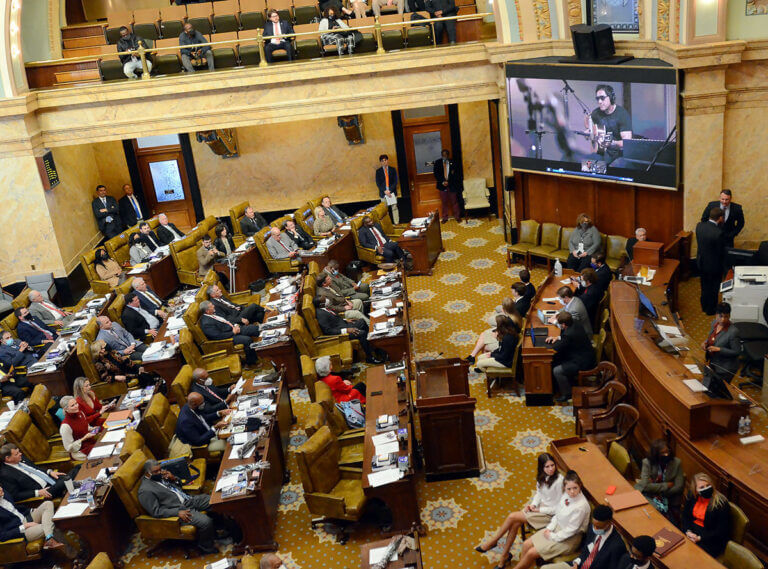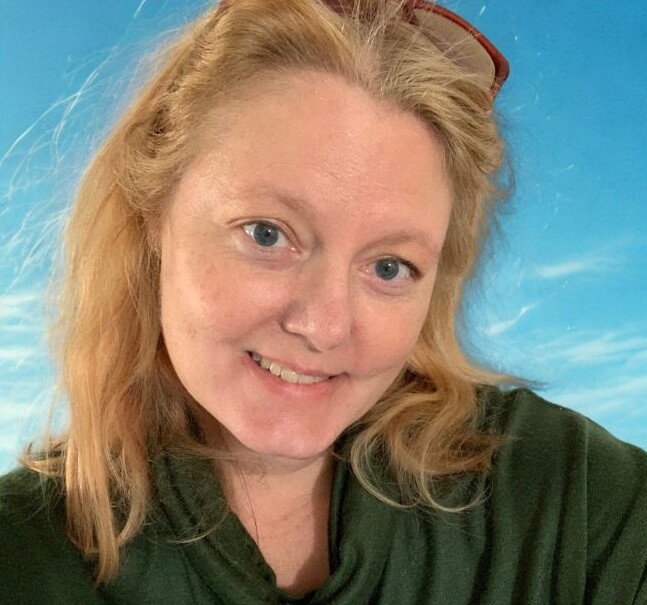

Editor’s note: This essay is part of Mississippi Today Ideas, a platform for thoughtful Mississippians to share fact-based ideas about our state’s past, present and future. You can read more about the section here.
There’s a tone many of us recognize in our bones. Not outrage. Not apathy. It’s that faded, sepia-toned feeling – the sense of standing just offstage while the rest of the country barrels past in red or blue. You care, but you don’t quite belong.
That’s where millions of Americans live. Nearly 80 million eligible adults didn’t vote in the last presidential election. These aren’t people who don’t care. Many simply don’t feel spoken for by either party or the culture at large.
What we hear again and again, here in Mississippi and beyond, is this: Most people genuinely want what’s best. They just disagree – sometimes fiercely – on what that looks like.
Philosopher Alasdair MacIntyre warned decades ago that our moral arguments have grown hollow because we’ve lost the shared frameworks that once gave them meaning. Words like freedom and justice still circulate, but we no longer agree on what they mean.

Psychologist Jonathan Haidt explains why: People weigh values differently. One person hears “choice” and thinks freedom. Another hears “choice” and worries about fairness. Both are moral positions — just spoken in different languages.
You see it on the ground here. At a recent Leland City Council meeting, one group argued that a family shouldn’t live in a collapsing house without running water. Safety and liability demanded action. Another group insisted removing the family would cause deeper harm, because even a dangerous house was still shelter. Both sides were trying to do the right thing. They just couldn’t agree on what “right” looked like.
You see it at the Capitol in Jackson. The school-choice debate pits parents’ desire for options against public schools’ plea for resources. Both sides want opportunity for children. But one defines it as freedom to choose, the other as fairness in access.
And you see it in Washington, where Congress once again failed its central duty of passing a budget. For nearly half a century, lawmakers have rarely met that deadline. The American people are rightly frustrated. But underneath the dysfunction is the same issue – a translation failure between competing visions of “best.”
Have we built our fences so high – political, cultural, even literal – that we can no longer see the beauty on the other side?
Here in Mississippi, that question matters. We know how high the stakes are. One in four of our children grows up in poverty. Our ACT averages lag the nation. Yet we also know what’s possible. The “Mississippi Miracle” in early literacy showed the nation that bold investment, bipartisan policy and shared commitment can move the needle for kids.
We don’t need perfect agreement to do it again. But we do need recognition that our neighbors, even the ones we spar with, are usually trying to do the right thing. Moral humility – not certainty – may be the only way forward.
Mississippi has a chance to lead by example. That means demanding transparency and results in every school, whether public, private or charter. It means protecting both individual rights and community responsibilities. And it means refusing to let ideological corners dictate the fate of children who need every adult at the table.
We’re not enemies. We’re just holding different maps. And maybe, if we stop mistaking translation failure for moral failure, we’ll realize we’re all still steering toward what’s best.
Bio: From Chicago to New Orleans and back to the alluvial Delta soil, Lora Delhom writes, teaches and creates art shaped by the river’s flow and guided by a commitment to people and animals. She is an educator and community storyteller based in Leland. Her work reflects both a love of place and a belief in the power of words to build bridges across divides.
- ‘We can only go up from here’: Hope and apathy in Wilkinson County schools - February 28, 2026
- Community discussion grows around 24-hour child care in Hattiesburg - February 28, 2026
- Democrats say FEMA’s pause on long-term recovery projects is ‘just being mean’ - February 28, 2026